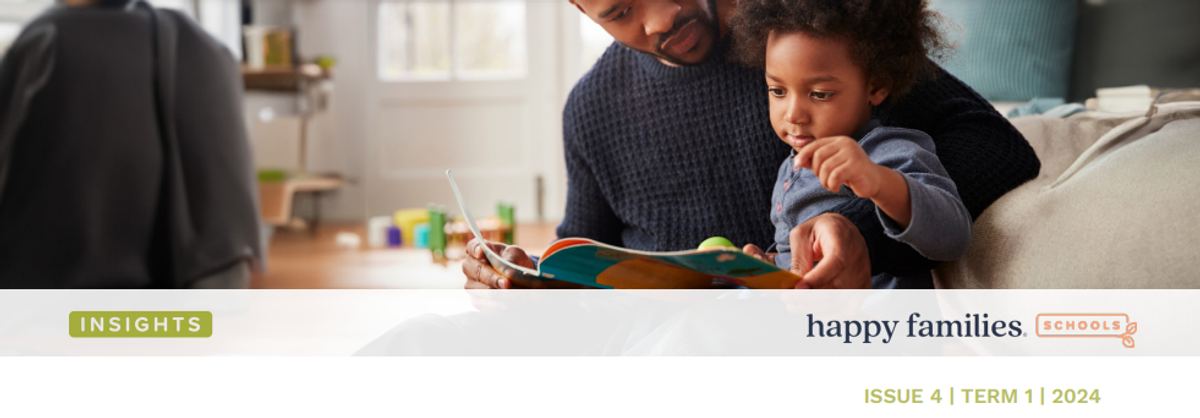Parent Partnerships

Low Effort, High Pay-off Parenting
Parents of today parent more intensively than any other generation of parents. Here’s what I mean by that:
A thousand years ago, the question parents were asking wasn’t “Will my kids enjoy these homemade protein balls?” Instead, it was, “How do I find food to feed my family?” (Although with the current cost of living crisis, maybe we’re asking that a little more again today).
A couple of hundred years ago, the question wasn’t “Will my 9-year-old like their book week costume?” It was, “Should I send my 9-year-old to work in the local coal mine?” Now today’s parents ask, more than ever before, “How can I be a ‘good’ parent?”
Parenting entered the dictionary as a word in 1918. It’s only been a touch over 100 years. But even then, the idea of parenting being something that we “do” only began to be emphasised from around the late 1970s. Before that, you were a parent (noun), but you weren’t particularly focused on how you parented (verb).
Now, there are literally hundreds of parenting books on the shelves. Parenting is intense. Fetishised. Even competitive.
Research is telling us that many parents feel overwhelmed or even burnt out.
The good news is that we can scale back our efforts without it being detrimental to our kids. We can also make tiny adjustments that can have a big impact.
The Pareto Principle (better known as the 80/20 rule) is how this works… although I think after this we should start calling it the Parento Principle! This principle, first observed by the economist Vilfredo Pareto, states that 80% of the outcomes stem from only 20% of the effort. In other words, by focusing on a handful of low effort, high pay-off factors, we can prioritise our efforts and focus on what matters most.
Here are a few simple swaps you can make
These require little to no extra time or planning, and that can maximise the impact we have as parents.
- Swap out the vague and uninspiring question “How was your day?” You know that they only ever grunt back “fine” anyway. Instead, swap in questions that invite them to really talk about their day. You can ask them to tell you two good things and one bad thing that happened that day. Or play a guessing game where you try to guess what each other’s favourite moment of the day was.
- Swap out the guilt you have for not spending time with your kids ·Swap out the guilt you have for not spending time with your kids while you are at work or attending to other responsibilities. Guilt without action doesn’t help anyone. Instead, swap in 10 minutes of being completely present each day. Turn off your phone, put down the to-do list, and spend just 10 minutes completely engaged with your child.
- Swap out trying to enforce dozens of rules No one enjoys being micromanaged. Instead, swap in having a family meeting to determine a handful of general rules that address safety, respect, and other important values. Simple rules such as, “we don’t hurt people or property” and “we choose to spend time together” can capture most situations, and determining how the rules apply supports your child’s developing autonomy and competence.
- Swap out pressuring your child to do homework or study for a test They’ll do much better educationally if their motivation for completing these tasks comes from within. Instead, swap in reading together in the evenings. Being exposed to lots of books is one of the most impactful things we can do as parents to support our children’s learning.
- Swap out listening to music or sitting together in silence on your drives While singing along to Taylor Swift together can be bonding, there’s something even better you can do on occasion. Instead, swap in having discussions about crucial topics. The car can often feel like a non-confrontational place to have discussions about what it means to be kind, how to approach bullying, and what consent means.
We don’t need to parent harder. We need to parent smarter. By balancing efficiency and effectiveness, we can be the best parents we can be, without burning ourselves out in the process.


